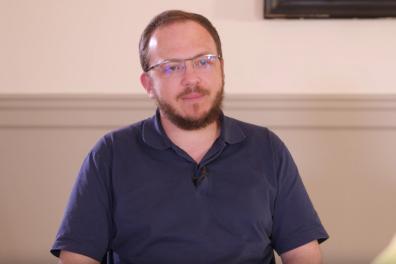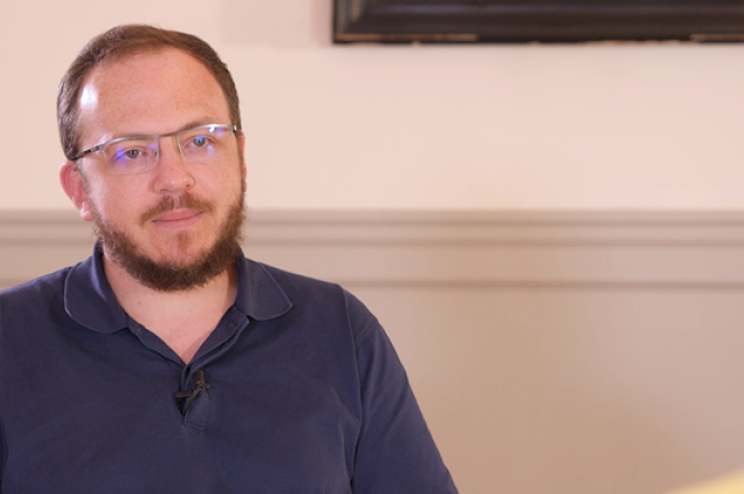Meet Thomas Pellard, specialist in Japanese languages (CNRS-CRLAO)

The "Portraits of Researchers in Area Studies" (PEA) is a series of large-format interviews produced by Inalco as part of the Digital Paris Research School of Area Studies (D-PaRSAS) institutional project. Deposited on the MediHal open archive, this series of portraits joins a set of collections on the Language and Cultural Area Studies (LaCAS) platform. These collections aim to build up a living, freely accessible scientific heritage of research on the world's languages, societies and cultures.
Large-format portrait
Video: The endangered languages of the Ryūkyū Islands. An interview with Thomas Pellard (CNRS-CRLAO)
An interview conducted by Sarah Gimenez, researcher (CERMOM) and Digital Humanities engineer (Direction de la Recherche, de la Valorisation et des Etudes doctorales, Inalco), directed by Alexandre Galitzine, produced by Inalco (25/06/2022, 48 mn).
Podcast: The endangered languages of the Ryūkyū Islands. An interview with Thomas Pellard

Thomas Pellard is a researcher in linguistics at the CNRS, attached to the Centre de recherches linguistiques sur l'asie orientale (CRLAO) and a lecturer at Inalco. His research disciplines include historical and comparative linguistics, archaeolinguistics, phylolinguistics and geolinguistics.
Specializing in the languages of Japan, particularly the endangered and under-documented languages of the Ryūkyū Islands, he studies the evolution of these languages through time and seeks to determine what they can tell us about the human prehistory of the Japanese archipelago. He is also working to quantify the complexity of the languages' phonological and morphological systems with computational tools.